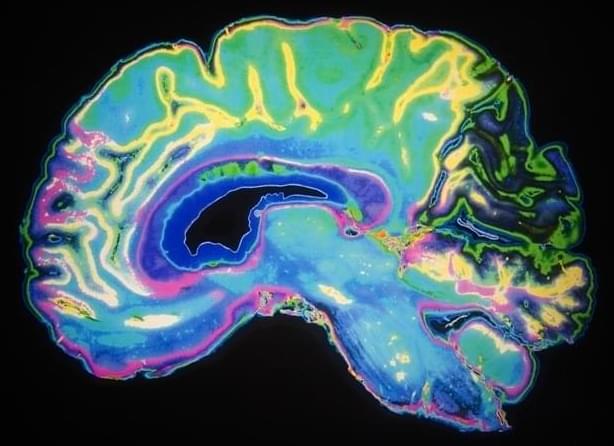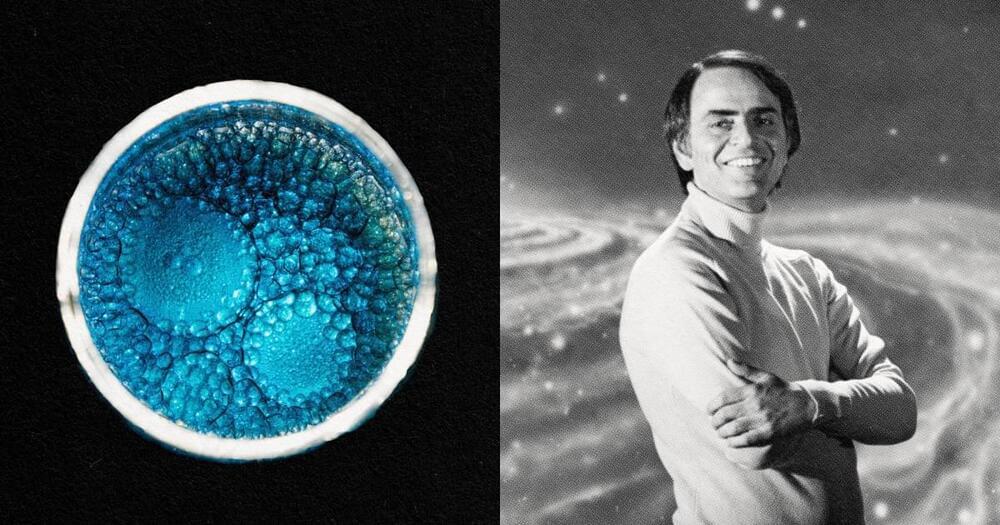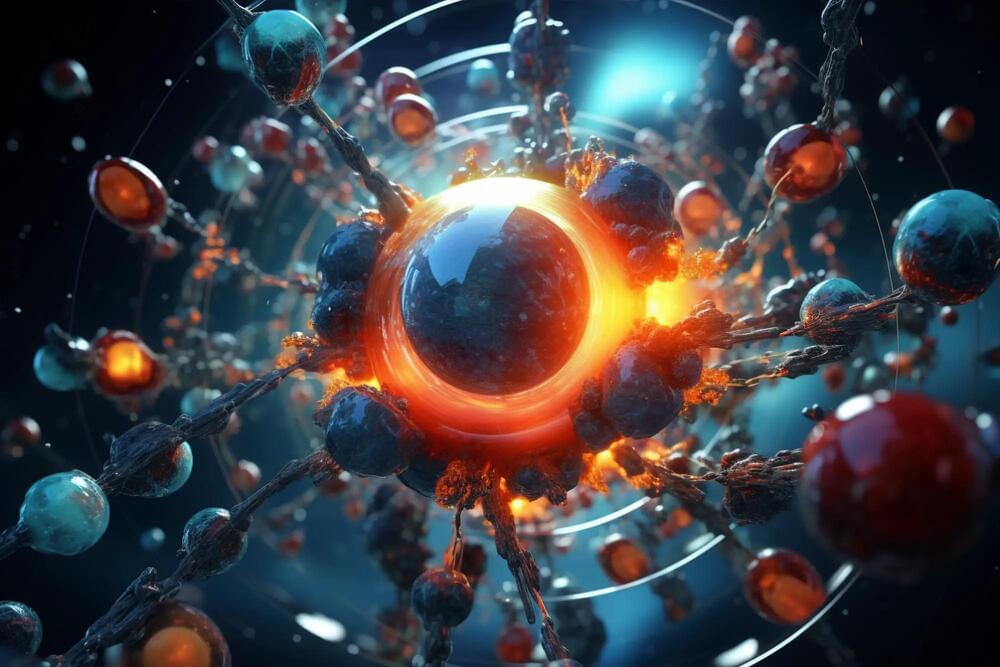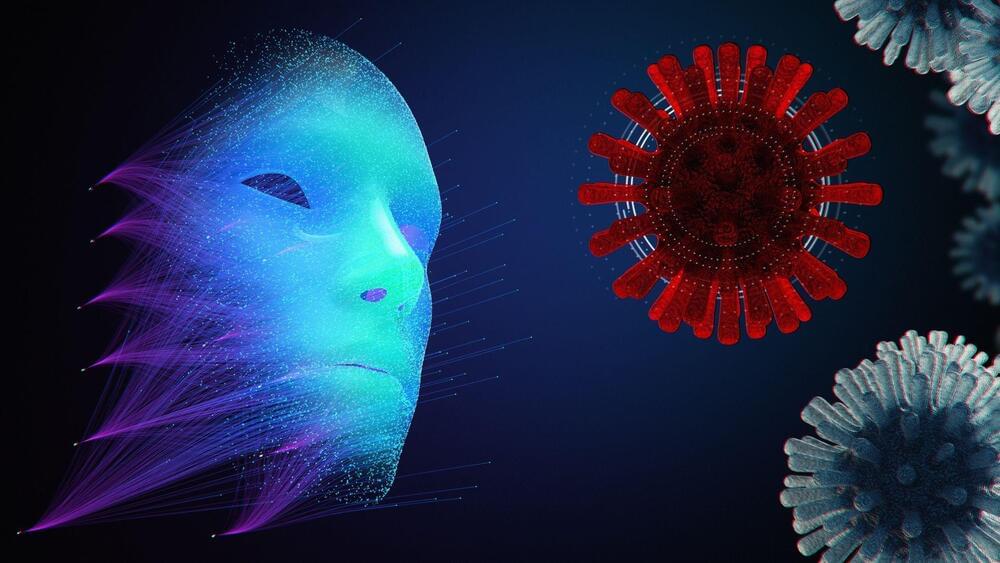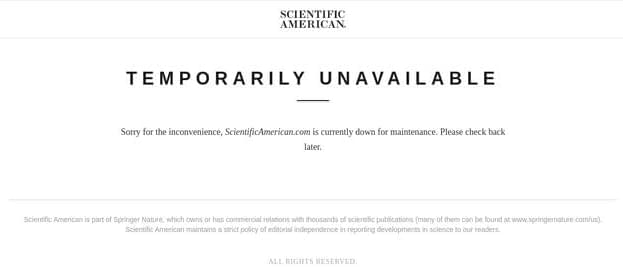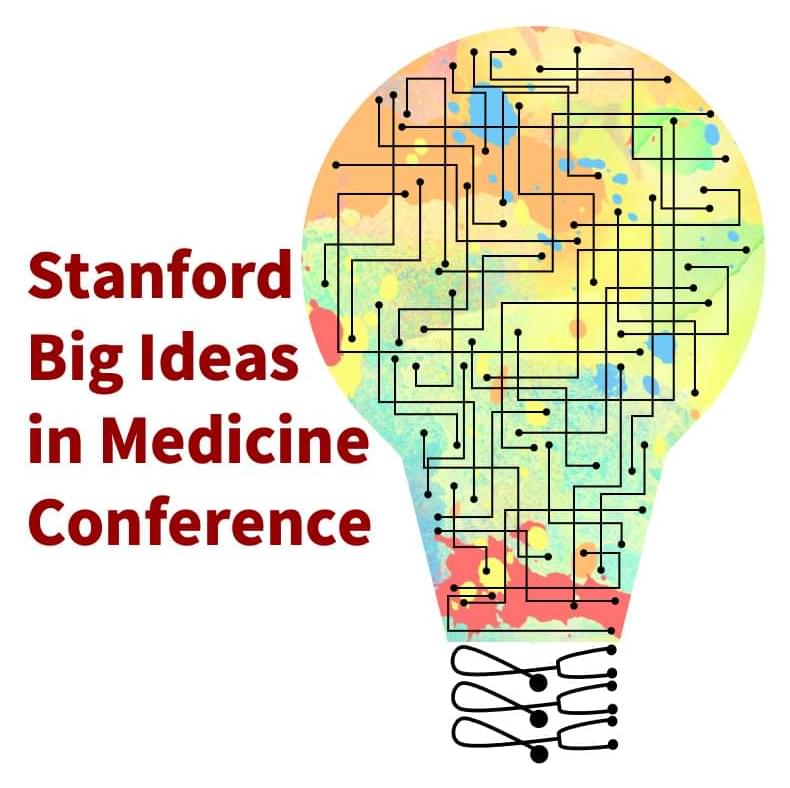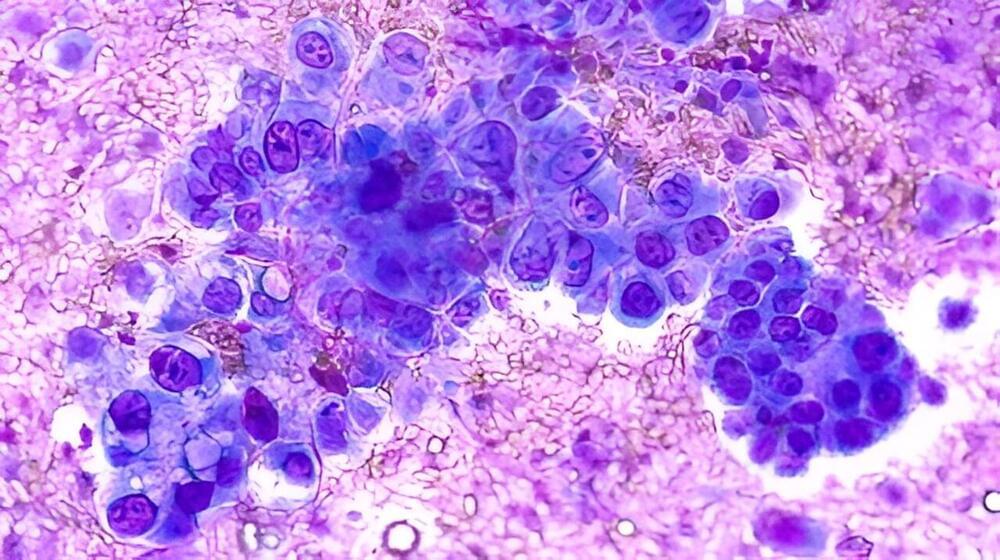Researchers have long thought that rewards like food or money encourage learning in the brain by causing the release of the “feel-good” hormone dopamine, known to reinforce storage of new information. Now, a new study in rodents describes how learning still occurs in the absence of an immediate incentive.
Led by researchers at NYU Grossman School of Medicine, the study explored the relationship between dopamine and the brain chemical acetylcholine, also known to play a role in learning and memory. Past research had shown that these two hormones compete with one another, so that a boost in one causes a decline in the other. Rewards were thought to promote learning by simultaneously triggering an increase in dopamine and a decrease in acetylcholine.
This sudden hormone imbalance is believed to open a window of opportunity for brain cells to adjust to new circumstances and form memories for later use. Known as neuroplasticity, this process is a major feature of learning as well as recovery after injury. However, the question had remained whether food and other external rewards are the only drivers for this memory system, or whether our brains instead are able to create the same conditions that are favorable to learning without outside help.
